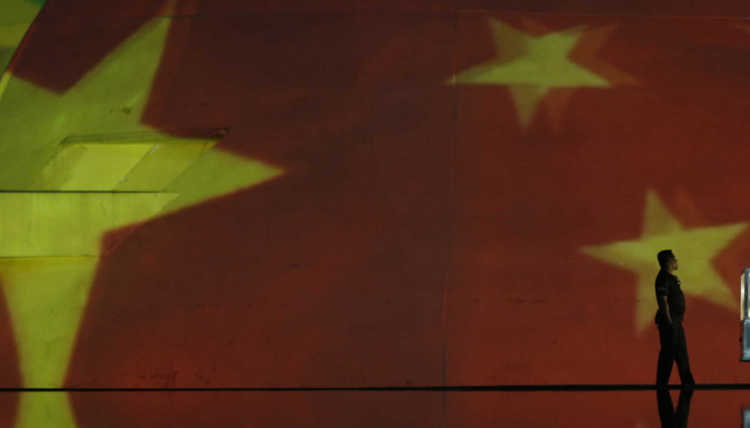- Startseite
- Presse
- Die Zukunft regionaler Kooperation
Publikation | 13.01.2015
Die Zukunft regionaler Kooperation
Indien, Brasilien oder Russland sind die dominanten Führungsmächte in ihrer Weltregion. Doch kleinere Staaten kooperieren zunehmend nicht nur mit dem starken Nachbarn, sondern auch mit Führungsstaaten anderer Kontinente.

The rise of new powers in the international system is profoundly transforming the environment in which most international actors and institutions operate. Aware of the significance of these developments, scholars have embarked on intense debates about the likely consequences of today’s global power shifts and the gradual emergence of a multipolar international constellation for the future of a whole range of institutions, norms, and values of international society, such as the global governance regimes inherited from the postwar era, global peace, and security – primarily the question of the peaceful rise of China and others – and the universal validity of liberal visions of world order.
Almost at the same time, there has been much talk of the emergence of a "regional architecture of world politics," and of the impossibility of understanding the emerging world order without taking the role of regions into consideration (Acharya 2007 and 2014, 84). It is therefore surprising that the link between global multipolarity and regionalism has remained understudied in the literature, especially when there is evidence that regionalism has been historically very sensitive to the international political setting in which it unfolds (Mansfield and Milner 1999).
What are the consequences of an increasingly multipolar world for regionalism? From a broader, global-system perspective, a particularly relevant question seems to be whether the emergence of new great powers is a force working in favor of the reorganization of political authority over larger territories and markets or if, instead, it will foster a more fragmented international political economy in a way that may shore up the nation-state as a viable economic unit.
Given the latter, what kind of regionalism, if any, will prosper in a multipolar world? As Acharya (2012, 10) put it, "the rise of China, India, Brazil and others creates the potential for redefining the purpose of regionalism and the role of regional institutions, either by strengthening or undermining them."
The fact that most of the rising powers are also the sole regional powers of more or less defined world regions – for instance, South America (Brazil), southern Africa (South Africa), the post-Soviet space (Russia) and South Asia (India) – has led some scholars to assert that the advent of a multipolar world can only increase the level of political and economic organization of regions, thereby strengthening a general trend toward a “more regionalised international order” (Acharya 2014; Buzan 2011).
Consequently, many authors have tended to emphasize the role of regional powers and different forms of regional leadership as the main drivers of regional transformation (e.g. Destradi 2010; Kupchan 1998; Steward-Ingersoll and Frazier 2012; Prys 2010; Pedersen 2002; Nolte 2011).
Even when such assertions have remained mostly at the theoretical level and lacked deep empirical examination, they have become dominant in scholarly and policy circles. In this contribution, I challenge this interpretation by arguing that the emergence of multipolarity could actually generate powerful centrifugal forces within regions that would adversely affect the formation of cohesive and strong regional orders. [...]
Lesen Sie weiter: Jorge F. Garzón, Multipolarity and the Future of Regionalism, GIGA Working Paper, No. 264, Januar 2015



